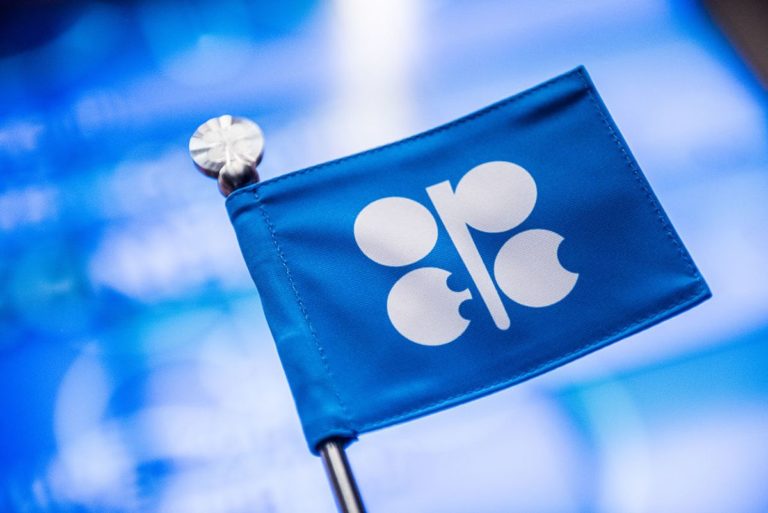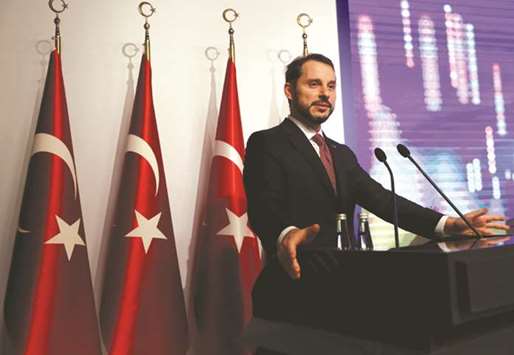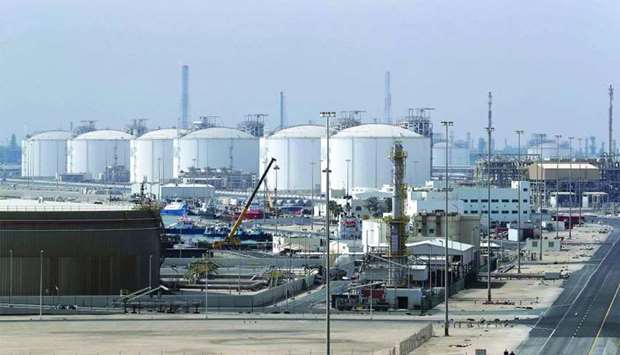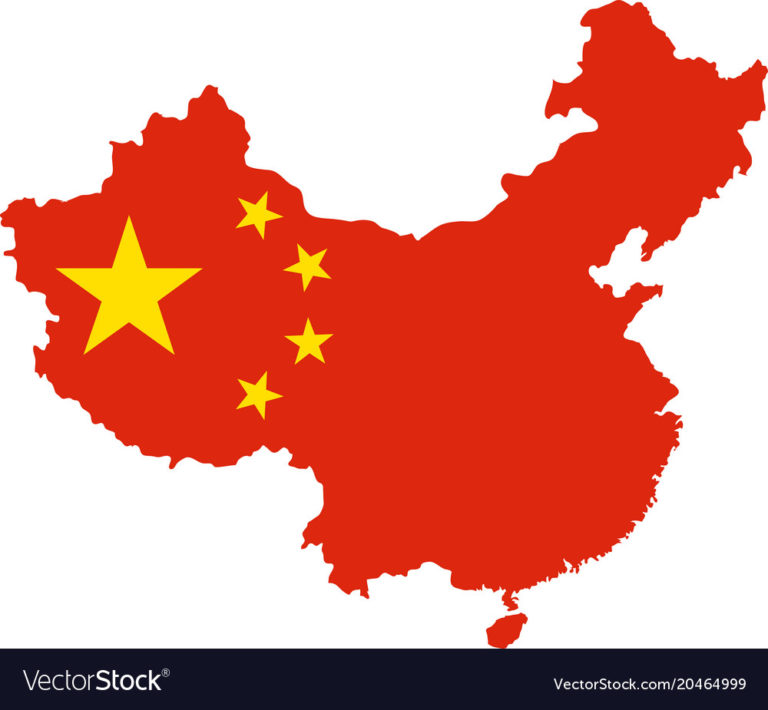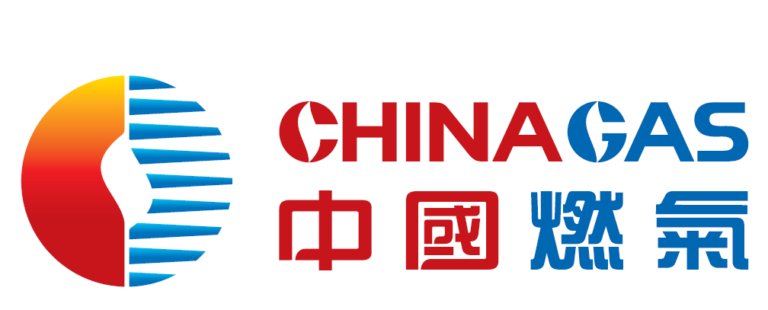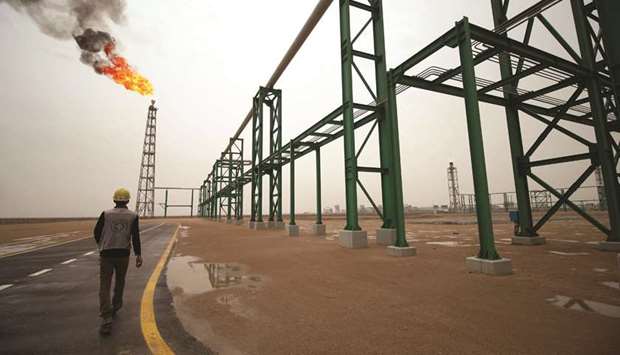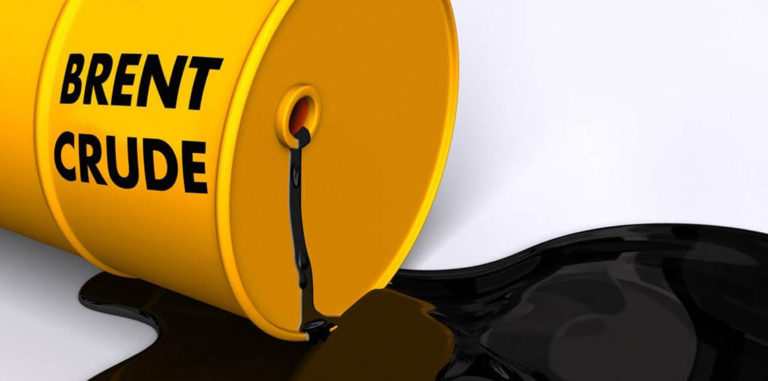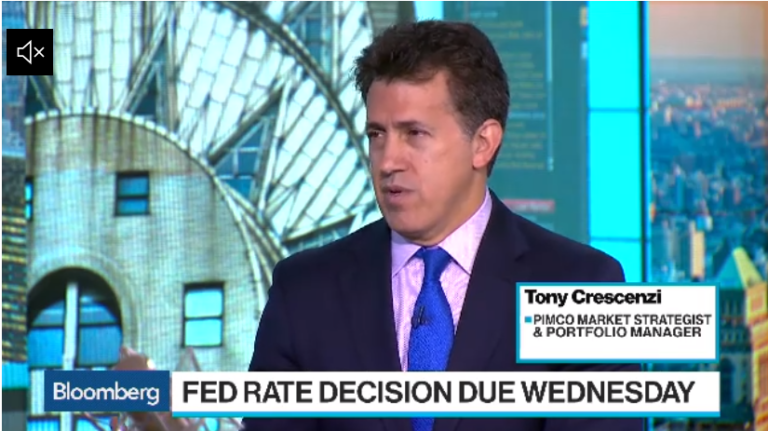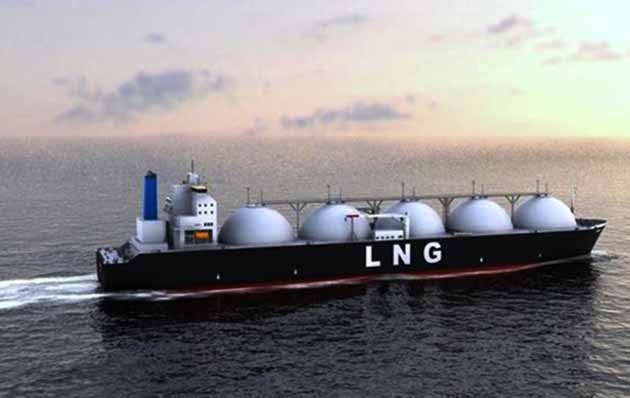Can Trump win if he escalates his trade war with China?
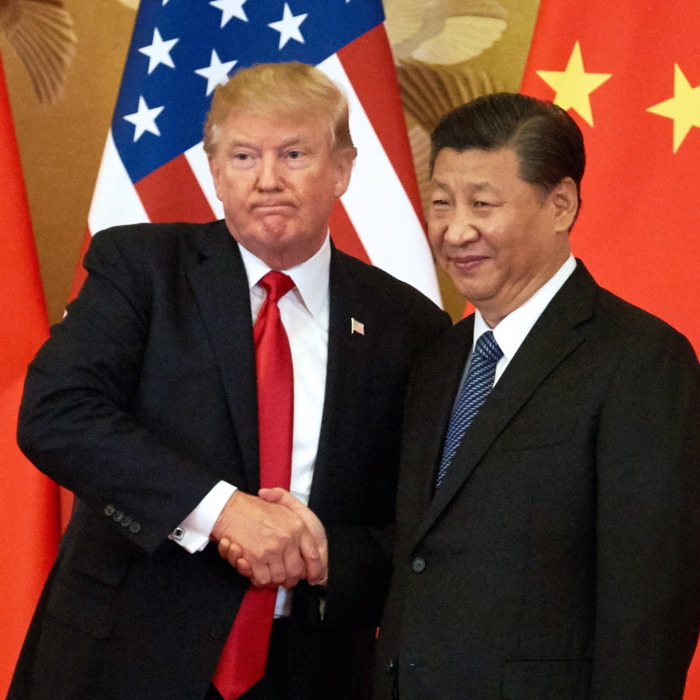
Bryce Baschuk Washington/Geneva
US President Donald Trump is threatening to intensify an ongoing trade war by rolling out tariff s on $267bn worth of Chinese exports to the US, on top of the $200bn worth that he could soon hit with duties. He previously had imposed tariff s, which act like a tax on imports, on $50bn worth of Chinese products, and could soon run out of ways to levy more duties: The total of imposed and threatened tariff s is now $517bn, yet the US only bought $505bn of goods from China last year. China has hit back with tariff s on US goods. The US also has levied duties on steel and aluminium imports from most countries, including allies Canada, Mexico and the European Union.
They also reacted with tariff s of their own. It adds up to an all-out trade war, one that risks gumming up global supply chains, raising consumer prices, stalling economic growth and tying the World Trade Organisation in knots. What’s less clear is whether it will end the way Trump wants.
1. What is a trade war? The dictionary says it’s “an economic conflict in which countries impose import restrictions on each other in order to harm each other’s trade.” Trump’s tariff s and the retaliation by other countries, both threatened and enacted, meet this definition. But so do centuries of protectionist skirmishes by numerous countries in countless sectors. What makes this a full-blown trade war are Trump’s singling out of China for retaliation, the tit-for-tat actions by the US and its closest allies over metals tariff s, and Trump’s invocation of national security to justify some of his moves – which could open a Pandora’s Box of similar claims by other nations.
2. What happened in previous trade wars? One of the most notorious examples is the Smoot-Hawley Act passed by Congress in 1930 that is often blamed for deepening the Great Depression. The law, which eff ectively hiked US tariff s by an average of 59%, initially was meant to protect American farmers. But many other industries lobbied for protection, and Congress agreed. The tariff s caused other countries to retaliate against the US and each other, which resulted in higher prices on many manufactured and consumer goods. As demand collapsed, countries scrambled to maintain their gold reserves by devaluing their currencies or imposing even more trade barriers. Global trade fell off a cliff .
3. Who wins in trade wars? Trump has said the US has a stronger economy and can outlast China in a trade war. The US economy is booming and China’s is showing signs of stress. But the longer the dispute goes on, the more both sides will see casualties. For Trump, those could include key constituencies, such as consumers who are accustomed to buying lower-priced goods made in China. Already, many companies are warning of lower profits because of higher prices for raw materials, supply- chain disruptions and sales declines. The US also has begun a $12bn programme to bail out farmers hurt by China’s and other countries’ retaliatory tariff s on US exports of soybeans, corn and other crops. Tit-for-tat tariff s “so far have only produced increased costs for American businesses, farmers, importers, exporters and consumers,’’ a coalition of about 150 business and trade organisations told the Trump administration.
4. Why is Trump inviting this fi ght? In a March 2 Twitter post, he declared trade wars “good, and easy to win.” Trump later said duties on Chinese imports are justified after decades in which China tilted the playing field, including by devaluing its currency and forcing American companies to share their technology. He has repeatedly pledged to reduce the US trade deficit – the diff erence between what the US imports and what it exports. But by the end of 2017, the deficit had risen to $568bn from $505bn in 2016, and it has kept on rising. Stepping back from trade deals like the North American Free Trade Agreement and the Trans-Pacific Partnership also appeals to Trump’s base of voters in America’s Rust Belt. But talk of a trade war is alarming to many US business leaders, who largely support existing trade deals, and the securities markets, which fear lower profits and slower economic growth.
5. Could tariff s backfi re on the US? They could. Take steel, for instance. Many more people are employed in industries, such as auto manufacturing, that buy steel to make products than in steel-making itself. President George W Bush’s higher steel tariff s, imposed from 2002 to 2005 to protect against a surge in imports, created a $30mn drag on US gross domestic product, according to the US International Trade Commission. Workers’ wages fell economy-wide, investors saw lower returns on capital and about 200,000 jobs were lost. Trade tensions could boost inflation more than desired by Federal Reserve policymakers, who might feel the need to raise rates more aggressively than planned.
6. Could the WTO help resolve the situation? The WTO is supposed to be the arbiter of international trade disputes. It was created in 1995 out of a set of agreements struck by countries trying to reduce trade barriers. If a government’s complaint about another nation’s trade barriers is seen as grounded, the WTO recommends acceptable retaliation. But the US and China both propose justifying tariff s under domestic law, rather than following established WTO procedures, limiting the WTO’s ability to mediate. In the case of aluminium and steel, Trump is invoking a seldom-used clause of a 1962 law that gives him the authority to curb imports if they undermine national security. His administration is studying whether to use the same law to justify restricted automobile imports. Other nations could copy the US move.
7. Are tariff s the only weapon in trade wars? No, there are many others, including clamping down on Chinese investments in the US, as Trump has also done. Intentionally weakening one’s currency, which he accuses China of doing, is another. One worry for the US is that China, the US’s biggest creditor, will scale back purchases of Treasuries, an option that China’s ambassador to the US doesn’t rule out. China could also retaliate against the US in non-trade matters. Trump has accused China, for example, of undermining North Korea denuclearisation talks in retaliation for hitting China’s exports with tariff s. Countries through the years have used other means to keep foreign goods out and protect home-grown companies, a practice known as mercantilism. Some practices are blatant, such as quotas and subsidies for domestic industries (which Trump also accuses China of doing); others are less obvious, such as unusual product specifications, lengthy inspections of goods at entry ports and intricate licensing requirements.
